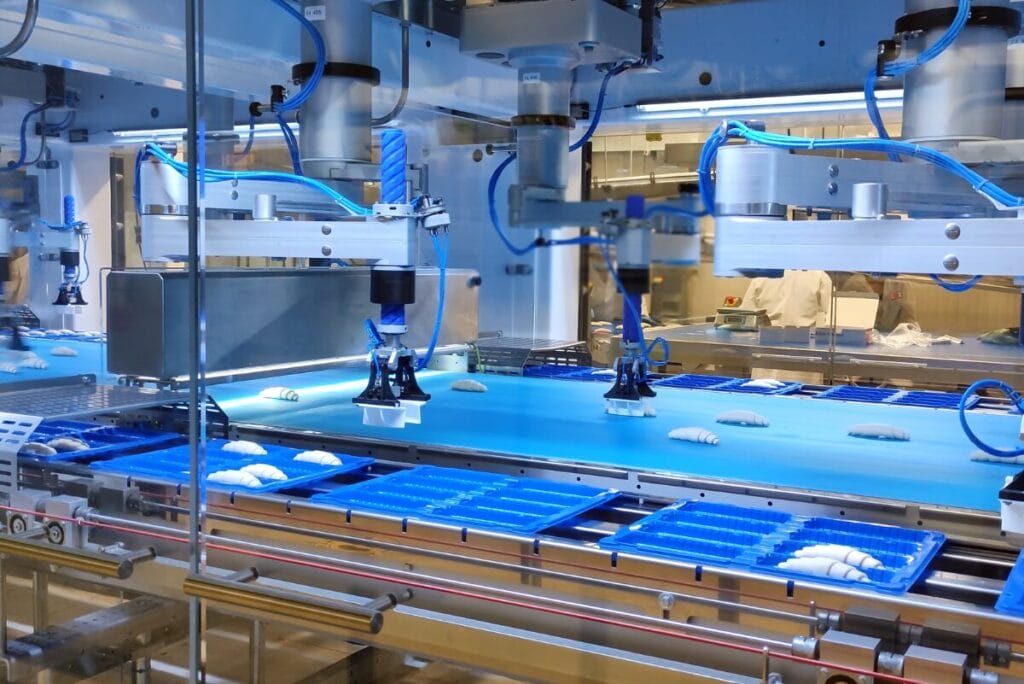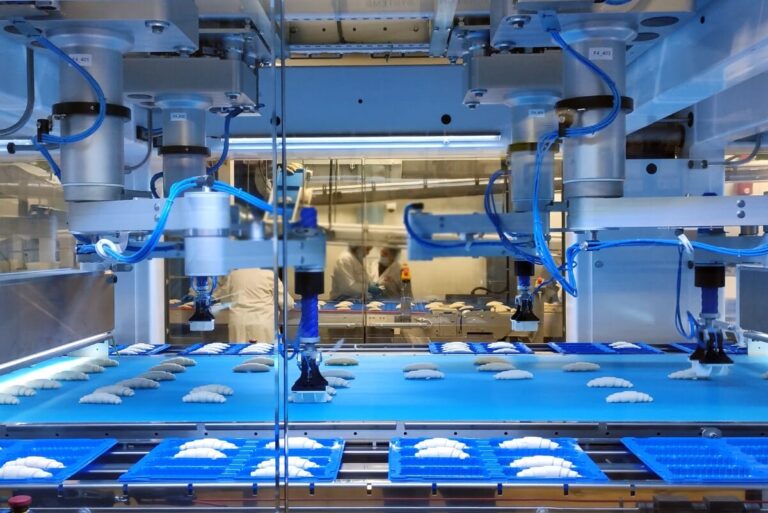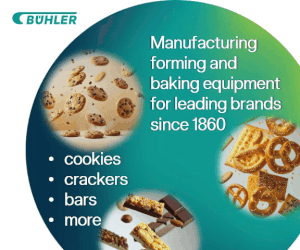KANSAS CITY, MO — Disruption via innovation takes many forms: a new product that satisfies an unmet consumer need, a first-of-its-kind business model, technology that significantly increases productivity. It’s the latter, often in partnership with AI, that’s driving disruption in manufacturing across all industries.
Automation has advanced to the level that machines can now perform many of the manual, repetitive tasks traditionally handled by humans, and they can do so faster, more efficiently and often at a lower cost than people. Robotic technology, in particular, has progressed to the point where robots can analyze data, learn from it, and adapt accordingly to optimize operations.









